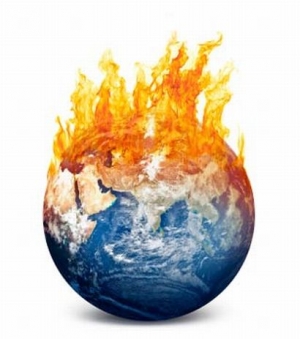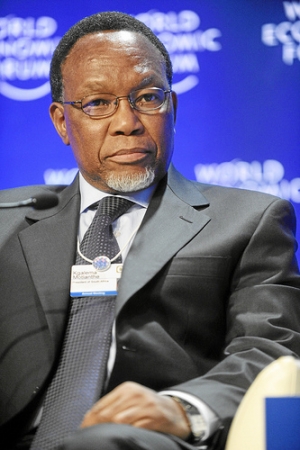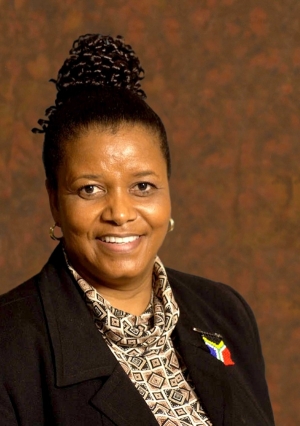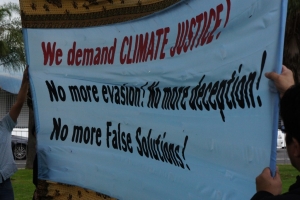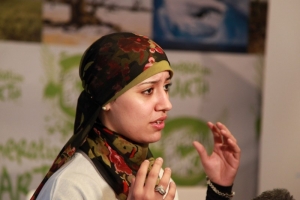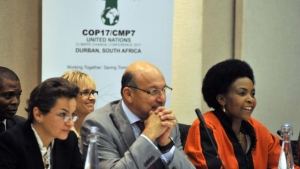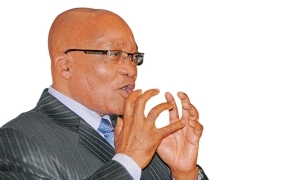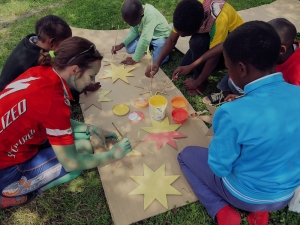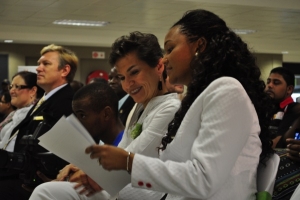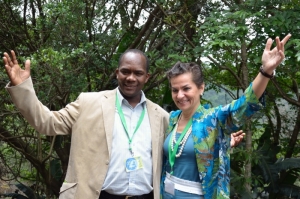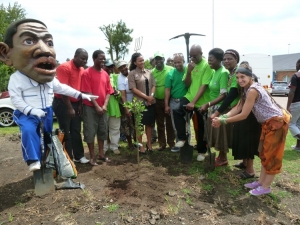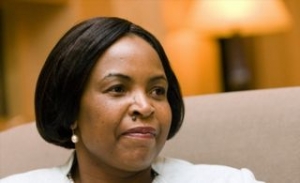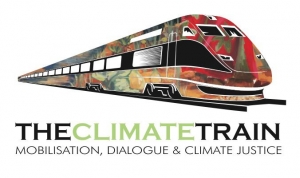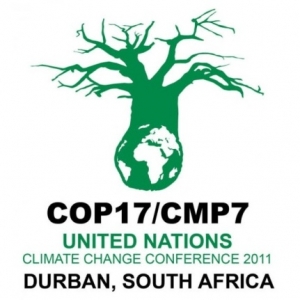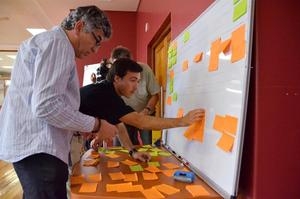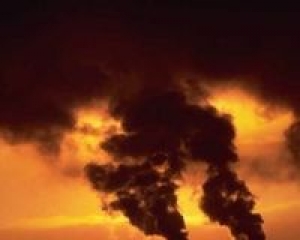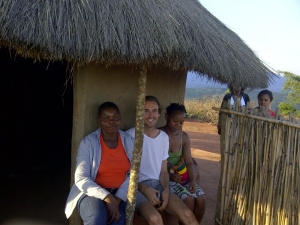South Africa is generally considered the leader on the African continent, but not always for the right reasons. While it is deliberated that SA is Africa’s economic and industrial powerhouse, it has come with a price – South Africa is by far the worst polluter and GHG (greenhouse gas) emitter on the continent.
The United Nations climate talks have unfortunately been just that for 16 years – just talk and no real action, the most famous of these so far being the failed conference in Copenhagen in 2009. After the deep disappointment of Copenhagen, a South African anti-apartheid activist teasingly noted that the talks had failed because the climate movement didn’t have a song!
South Africa’s Green Economy Accord was launched at the COP17 talks in Durban today. The Accord, one of the most comprehensive social pacts on green jobs in the world, builds a partnership to create 300 000 new jobs by 2020, in economic activities as diverse as energy generation, manufacturing of products that reduce carbon emissions, farming activities to provide feedstock for biofuels, soil and environmental management and eco tourism.
Edna Molewa, Minister of Water and Environmental Affairs, issued the following statement at the UNFCCC COP17 press briefing on Tuesday 29 November.
The United Nations Convention on Climate Change (UNFCCC) 17th Conference of the Parties (COP 17) kicked off in Durban today with one resounding message, “It always seems impossible until it’s done.”
Johannesburg / Nairobi – 23rd November 2011: Concerned youth from across the African continent gathered this week in Johannesburg ahead of the United Nations Framework Convention on Climate Change (UNFCCC), the 17th session of the Conference of the Parties (COP 17) that takes place in Durban, Kwa Zulu Natal from the 28th November.
Against a background of record greenhouse gas emissions in the atmosphere, more frequent and intense extreme weather events, but also growing momentum for action to fight climate change, the UN Climate Change Conference in Durban (28 November to 9 December) kicked
off today.
The President of the Republic of South Africa, Jacob Zuma has officially opened the much anticipated COP 17/CMP7 conference held at the Albert Luthuli International Convention Centre. In his speech, he stresses the need for all involved parties to strive to find a solution, here in Durban.
As the UN’s climate change conference begins in Durban, Survival calls for the ecological knowledge and insights of tribal peoples to be heeded in global decisions concerning climate change.
During the Midlands Moving Planet – Day of Global Action to Move Beyond Fossil Fuels, uMngeni residents signed a petition asking the local Municipality to make the move to a sustainable future. As part of the celebration of current sunlight and renewable energy, local children painted bright sun shapes on which the demands were written.
The COP17 Climate Train was today welcomed in Durban with a fanfare and a range of dignitaries Including National Framework Convention on Climate Change (UNFCCC) executive secretary Christiana Figueres and chief of the COP17 negotiations and EThekwini Speaker Rogie Naidoo.
Ahead of the opening of the COP17/CMP7 Conference on climate change in Durban on Monday 28 November, Executive Secretary of the United Nations Framework Convention on Climate Change, Christiana Figueres, performed her first ‘official’ function at the launch of the Durban CEBA (Community Ecosystem-Based Adaptation) Initiative at Durban’s Paradise Valley at the weekend.
After a beguiling journey through some of South Africa’s remote communities, the Climate Train has reached its final destination in time for the biggest conference SA has ever hosted.
African women and children constitute the majority of the continent’s poor and play a vital role in food production in Africa. Therefore they will be the hardest hit by famine due to climate change, if they are not effectively prepared and food security issues are notaddressed properly. The continent will suffer as a result.
It is up to civil society to prevent a potential “genocide” or “ecocide” being agreed to at the Durban Conference of the Parties (COP17) which starts in Durban this week.
On the 17th of November, Grahamstown, a small town in the Eastern Cape of South Africa, held a roundtable on COP 17, bringing together stakeholders from across the community.
South Africa's proposed carbon tax is set to act as just another tax on South Africans while inadequately addressing issues of climate change - the very problem it was designed to address. This is because the revenue generated will not be earmarked to tackle issues of climate change, rather it will simply flow into government coffers.
Climate change is fast becoming one of the biggest threats that mankind faces, yet if you walk through the village of Vatsonhga it’s hard to believe any of the scientific predictions.
Zambia, Uganda, United States of America, Canada, Cameroon, Kenya and South Africa. These countries were all represented in one room to make their voices heard in the fight against climate change.








